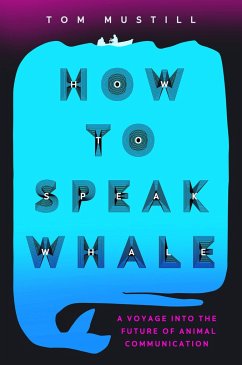
The Secret History of Sharks
The Rise of the Ocean's Most Fearsome Predators
Versandkostenfrei!
Versandfertig in über 4 Wochen
26,99 €
inkl. MwSt.
Weitere Ausgaben:

PAYBACK Punkte
13 °P sammeln!
"Sharks have been fighting for their lives for 500 million years and are under dire threat today. They are the longest surviving vertebrate on Earth, outlasting multiple mass extinction events that decimated life on the planet. How did they thrive so long? By developing superpower-like abilities that allowed them to ascend to the top of the oceanic food chain. Yet they often found themselves in the shadows of larger, more formidable killers--and they not only survived, but also took their crown as the king of the sea. ... Because of recent technological breakthroughs, scientists' understanding...
"Sharks have been fighting for their lives for 500 million years and are under dire threat today. They are the longest surviving vertebrate on Earth, outlasting multiple mass extinction events that decimated life on the planet. How did they thrive so long? By developing superpower-like abilities that allowed them to ascend to the top of the oceanic food chain. Yet they often found themselves in the shadows of larger, more formidable killers--and they not only survived, but also took their crown as the king of the sea. ... Because of recent technological breakthroughs, scientists' understanding of sharks has taken a quantum leap forward in the last decade. John Long has been on the cutting edge of this research and in this [book] weaves a fully updated and unexpected tale of shark's extraordinary evolutionary adventure"--













